Troubleshooting Electric Water Heater Element Issues
- Get link
- X
- Other Apps
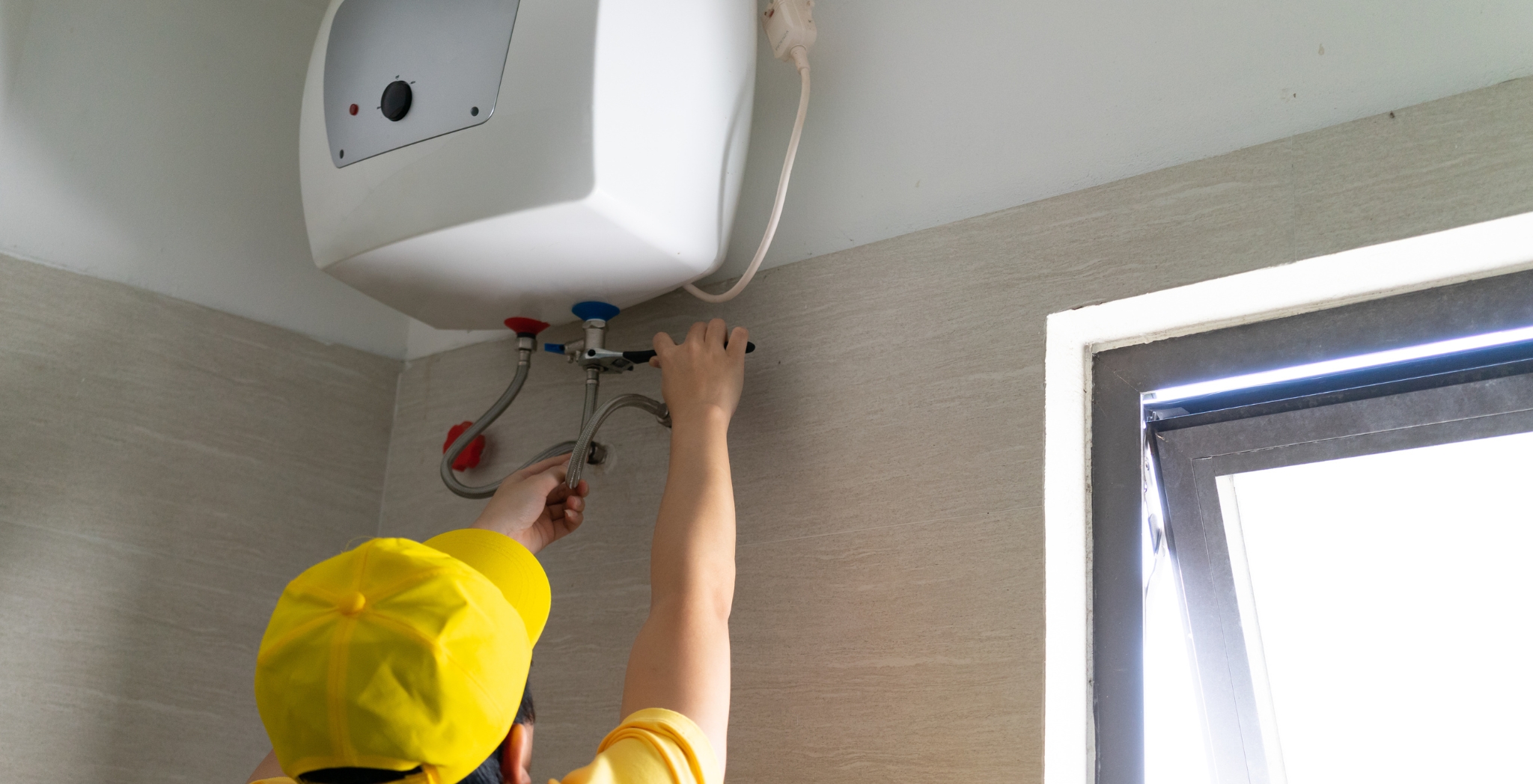
The reliability of your electric water heater is paramount to maintaining a comfortable and convenient home environment.
The electric water heater element is central to its operation, a critical component that, when faulty, can lead to hot water and other inconveniences.
Understanding the intricacies of water heater elements, including their types, wattage, installation, and joint problems, is essential for any homeowner.
This comprehensive guide aims to demystify water heater element 3000-watt issues, offering a step-by-step approach to troubleshooting, replacement procedures, and the importance of regular maintenance.
Types of Elements
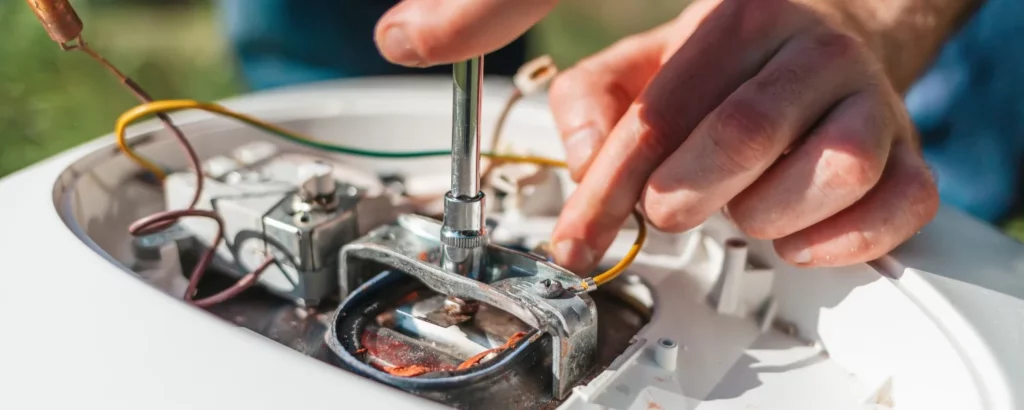
Electric water heaters typically use one or two heating elements to heat water.
These elements convert electrical energy to heat, which is then transferred to the water in the tank.
The two primary elements in electric water heaters are the flange (or bolt-in) type and the screw-in type.
The choice between these types often depends on the water heater’s make and model and the household’s specific heating requirements.
Wattage and Voltage
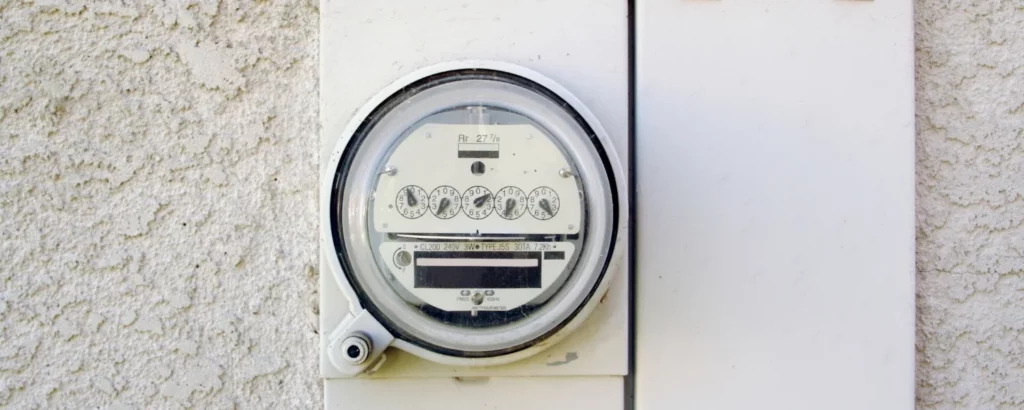
The performance of an electric water heater element is significantly influenced by its wattage and voltage.
A standard element often has a 3000-watt capacity, balancing efficient heating and energy consumption.
The voltage requirement for the Electric water heater element price typically matches the household’s electrical supply, commonly 240 volts in many regions.
It’s crucial to match the wattage and voltage of the replacement element to those of the existing one to ensure optimal performance and avoid electrical issues.
Installation
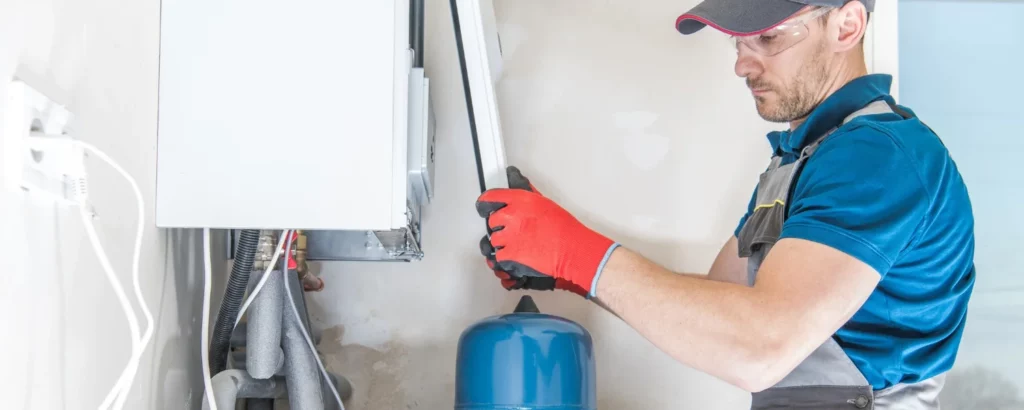
Installing an electric water heater element requires precision and adherence to safety protocols.
It involves draining the tank, removing the old element, installing the new one, and ensuring a tight seal to prevent leaks.
While some homeowners may feel comfortable performing this task, consulting with a professional, especially for complex models or areas with specific regulations like Victoria, BC, is advisable.
Common Problems
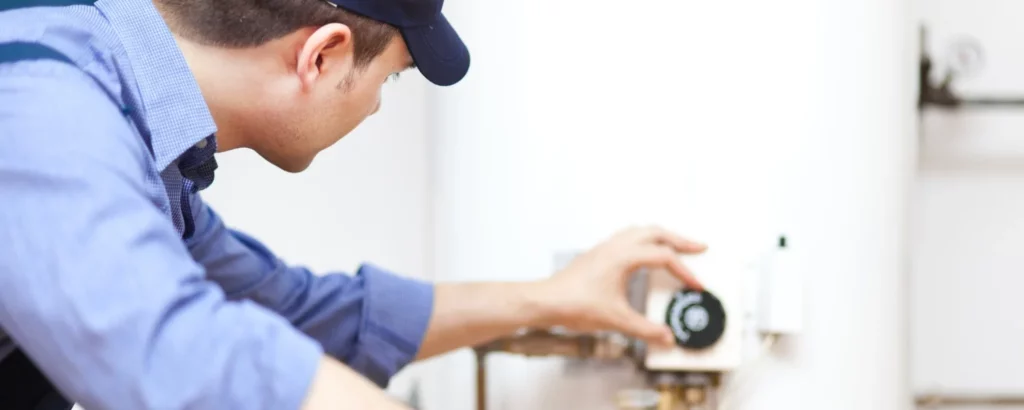
Common issues with electric water heater elements include sediment buildup, corrosion, and electrical faults.
Hard water is a notable culprit, accumulating minerals on the elements, which can significantly reduce their efficiency and lifespan.
Symptoms of a failing component include inconsistent water temperatures, a complete lack of hot water, and unusually high electricity bills.
Replacement Procedure
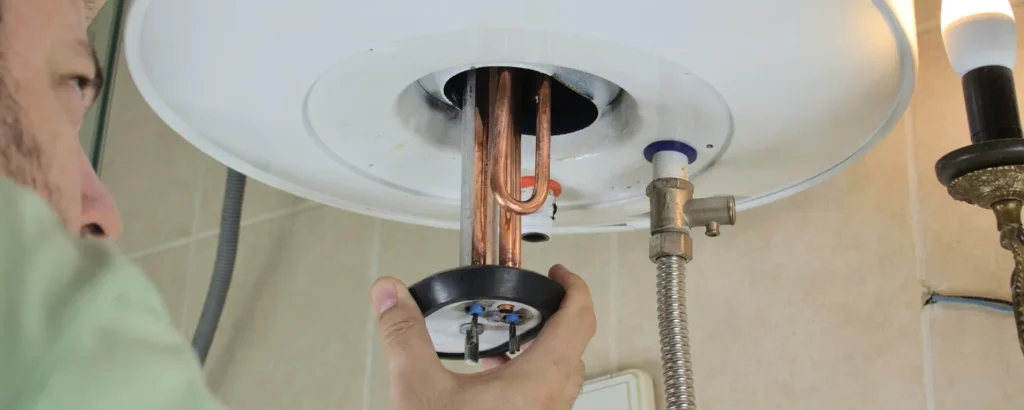
Replacing an electric water heater element involves several steps, including turning off the power supply, draining the tank, and carefully unscrewing the faulty component.
When selecting a replacement, it’s vital to consider the electric water heater element price, ensuring it aligns with your budget and the quality standards you seek.
The electric water heater element replacement cost can vary based on the element’s quality, the complexity of the installation, and labor fees if a professional is hired.
Energy Efficiency
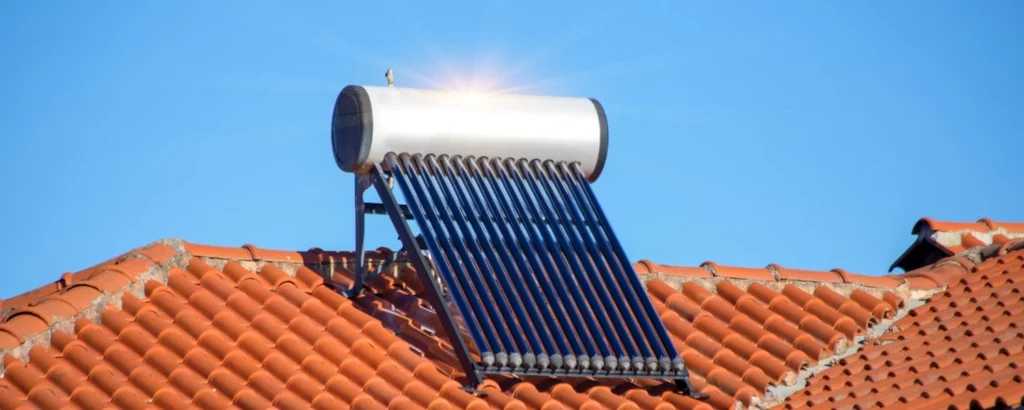
Choosing the best electric water heater element can significantly impact the unit’s energy efficiency.
Modern elements are designed to heat water more efficiently, lower energy consumption, and lower utility bills.
When considering a replacement, look for elements that balance performance and energy efficiency.
Maintenance
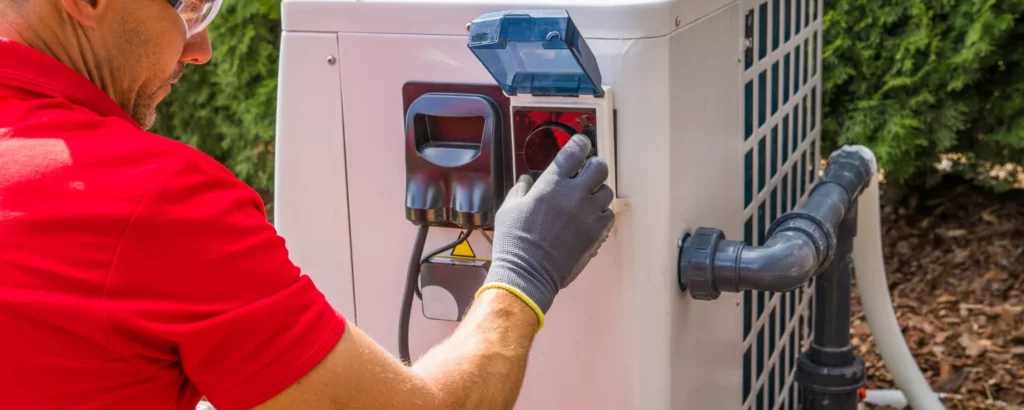
Daily maintenance is crucial in extending the lifespan of water heaters and their components.
This periodically flushing the tank to remove sediment, checking the anode rod, and inspecting the elements for signs of wear or damage.
Proper maintenance can significantly extend a water heater’s lifespan, typically between 8 and 12 years.
Safety Tips
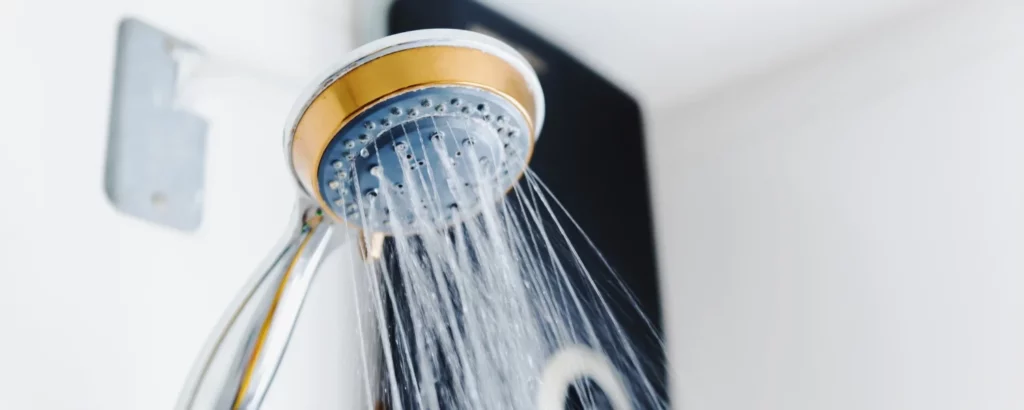
Safety should always be a priority when dealing with electric water heaters.
This includes ensuring the power supply is turned off before performing any maintenance or replacement tasks, using the correct tools, and following the manufacturer’s instructions carefully.
In cases of uncertainty or complex issues, seeking professional assistance is an eco-peak water heater.
Material Comparison
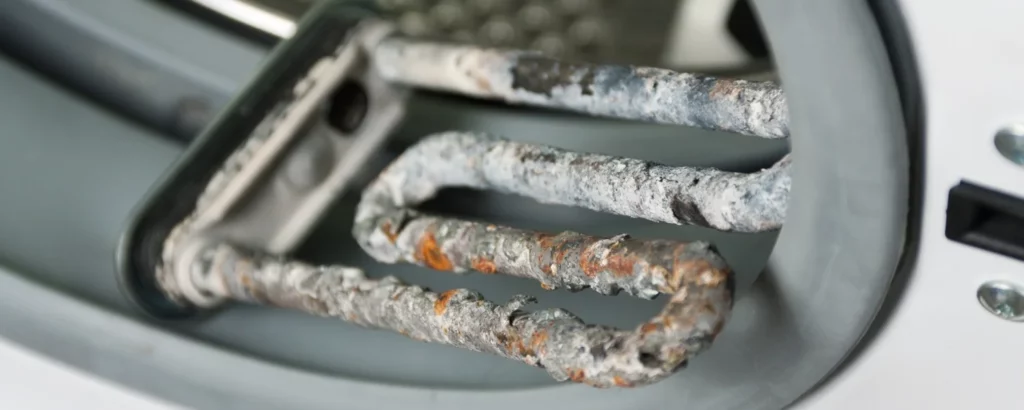
Electric water heater elements are made from various materials, including copper, stainless steel, and titanium.
Each material offers different benefits in terms of durability, resistance to corrosion, and suitability for other water types.
For instance, titanium elements are highly resistant to the corrosive effects of hard water, making them an ideal choice for areas with high mineral content in the water supply.
Hard Water Effects
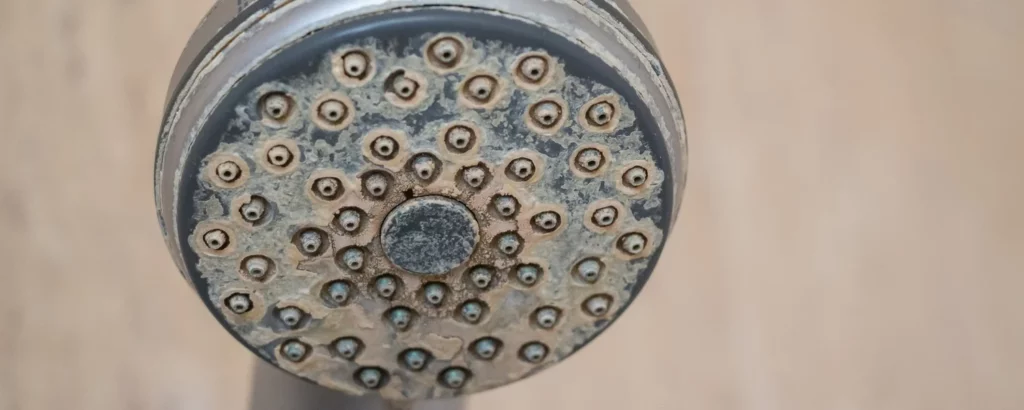
The impact of hard water on electric water heater elements cannot be overstated.
The minerals in water can lead to scale buildup on the components, reducing their heating efficiency and increasing the risk of overheating and failure.
Water-softening solutions can help mitigate these effects and prolong the elements’ lifespan.
Tankless Options
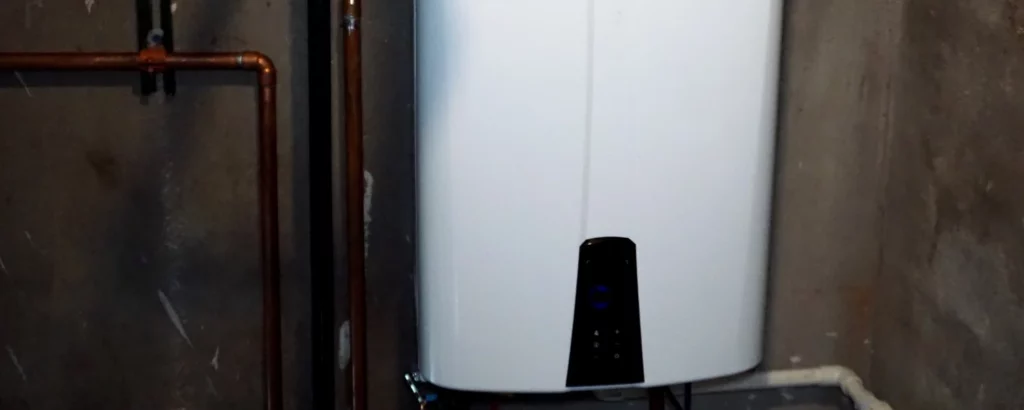
For those considering an upgrade or replacement, viessmann tankless water heater electric water heaters offer an alternative to traditional tank models.
These heat water on demand, eliminating the need for a storage tank and energy consumption.
While the initial cost may be higher, the long-term savings and efficiency can be significant.
Troubleshooting Guide
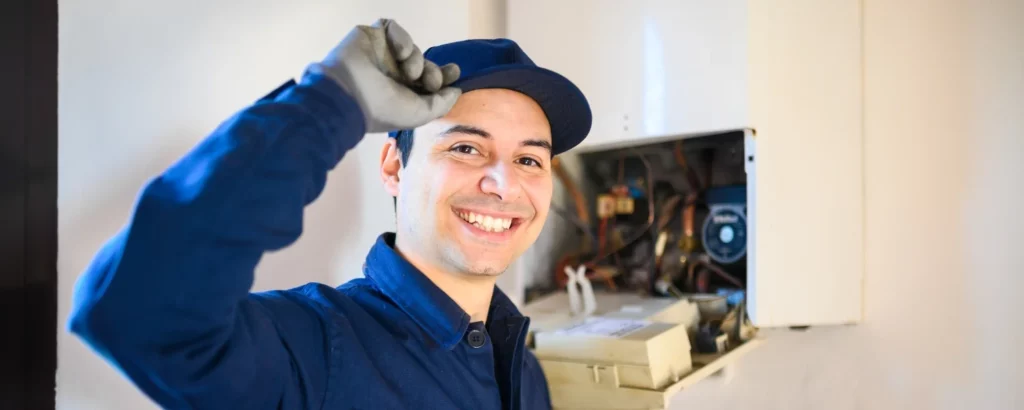
A comprehensive troubleshooting guide can be invaluable for diagnosing and addressing common electric water heater element issues.
This guide should cover the steps to identify symptoms, test the elements and thermostats, and replace faulty components.
Always refer to the manufacturer’s manual for model-specific guidance and troubleshooting tips.
Energy Efficiency and Cost Savings
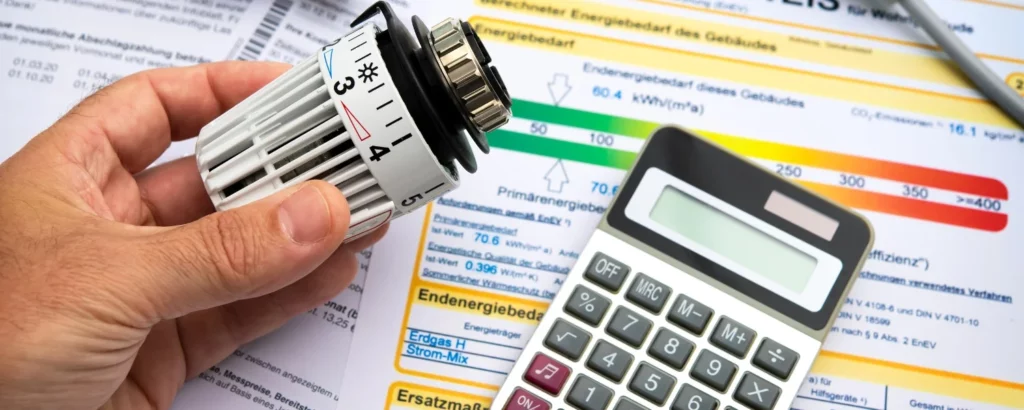
Modern electric water heater elements are designed with energy efficiency in mind.
Innovations in element design, such as low-watt density elements coated with a protective material, help reduce electricity consumption by distributing heat more evenly and minimizing sediment buildup.
This not only extends the lifespan of the component but also contributes to significant cost savings over time.
When selecting a new element, consider the price of long-term energy savings alongside the electric water heater element to ensure you make a cost-effective choice.
Professional Installation vs. DIY
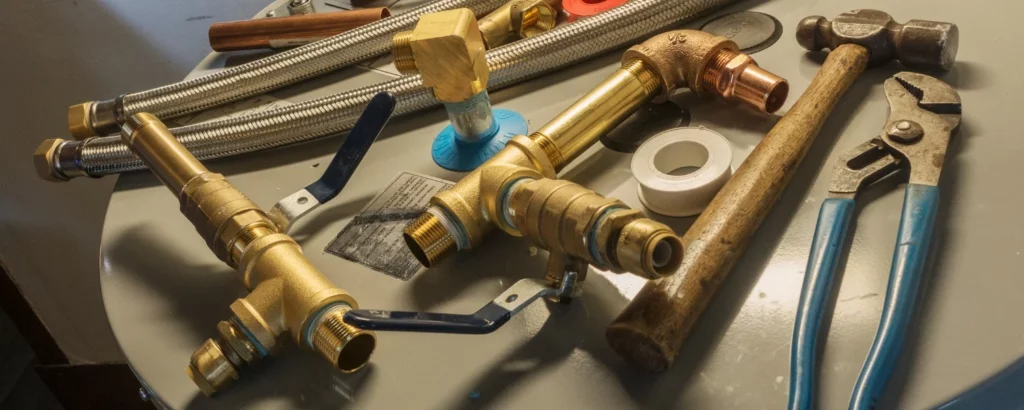
While many homeowners may consider replacing an electric water heater element a DIY project, assessing your skill level and understanding of your water heater’s operation is essential.
Professional installation can offer peace of mind, especially in complex systems or where local regulations require certified expertise, such as Victoria, BC.
When hiring a professional, the electric water heater element replacement cost includes labor but ensures a safe and correct installation.
Based on your situation, weigh the pros and cons of DIY versus professional installation.
Lifespan of Electric Water Heater Elements
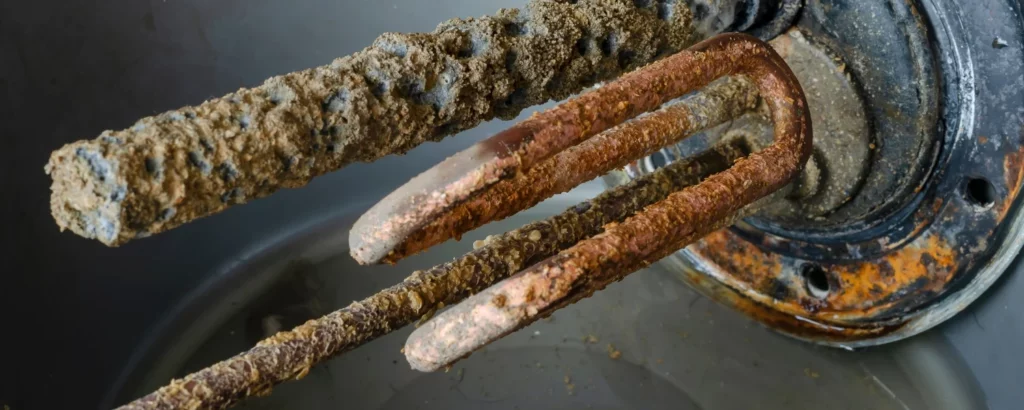
The lifespan of electric water heater elements can vary widely depending on several factors, including water quality, frequency of use, and maintenance practices.
Generally, elements in areas with hard water may have a shorter lifespan due to mineral buildup.
Daily maintenance, including flushing the tank and checking the anode rod, the lifespan of a water heater and its components can be prolonged with some maintenance.
Comparing Electric with Alternative Water Heating Solutions
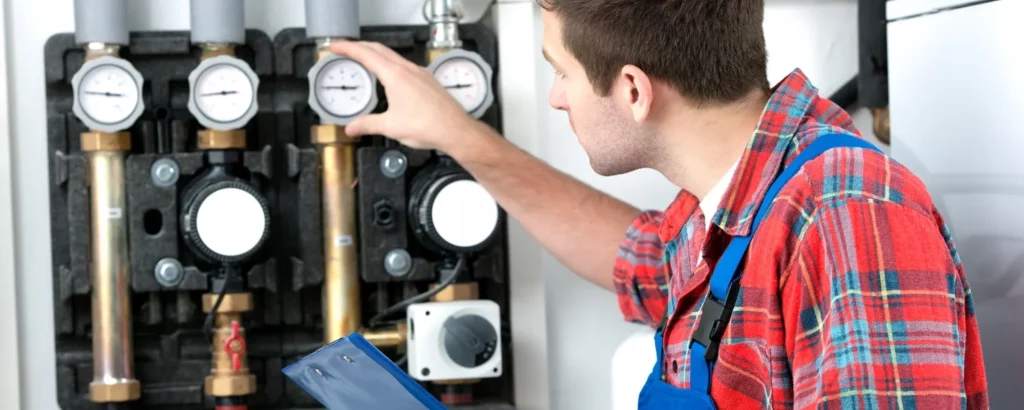
While electric water heaters are standard, it is beneficial to compare them with alternative solutions like gas water heaters or solar-powered systems.
Each option has its advantage of tankless water heater and disadvantages, such as the initial setup cost, operating expenses, and environmental impact.
For instance, while gas water heaters offer lower operating costs in some areas, they also have considerations like venting requirements and potential cons about using natural gas fireplace glass cleaner.
Environmental Considerations

As we become more environmentally conscious, the impact of our water heating choices becomes more pertinent.
Electric water heaters, especially those powered by renewable energy sources, can offer a more environmentally friendly option than fossil fuel-based systems.
Consider the source of your electricity and explore options for integrating solar power or other renewable energy sources into your home’s energy mix with tankless water heater benefits.
Maintenance Tips for Optimal Performance
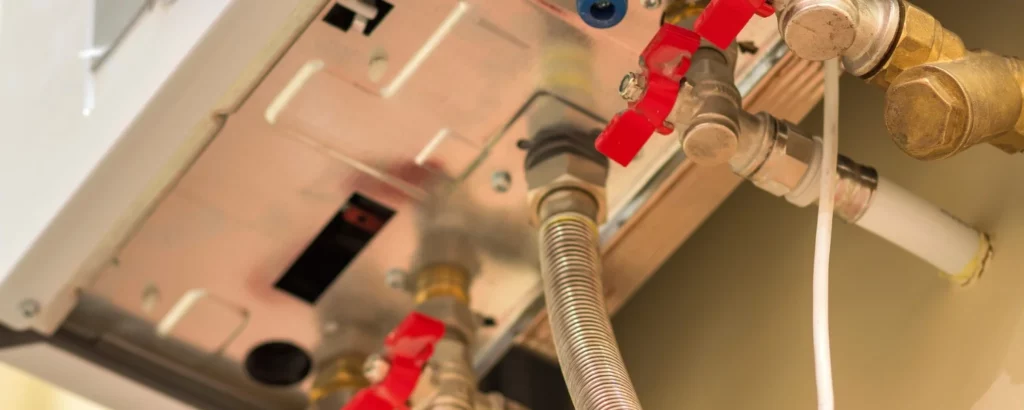
Daily maintenance is critical to ensuring the longevity and efficiency of your electric water heater and its elements.
This includes routine checks for leaks, sediment flushes, thermostat tests, and inspections of the heating elements for any signs of wear or damage.
Consider scheduling annual professional inspections to catch any issues early and ensure your system works efficiently.
Safety Precautions
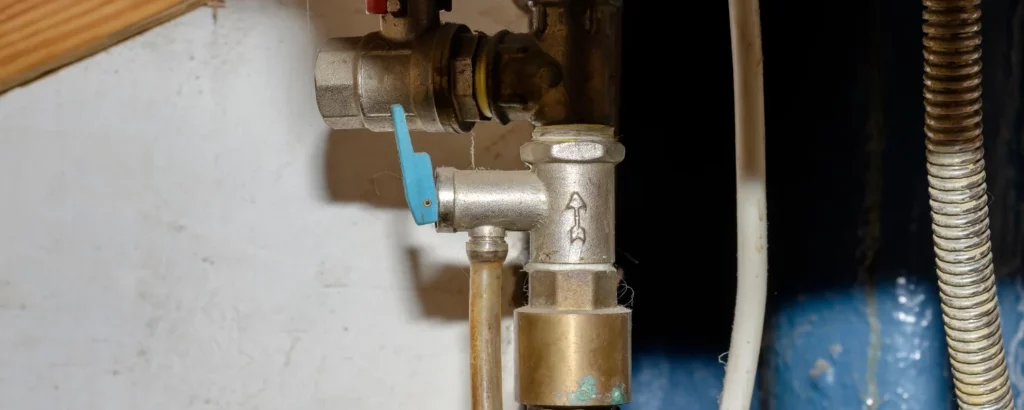
Safety must be addressed when dealing with electric water heating systems.
Always ensure the power is turned off before attempting repairs or maintenance.
Use caution when draining the tank, as the water can be boiling. If you’re ever in doubt about a procedure, consult a professional to avoid personal injury or damage to your system.
Conclusion
Troubleshooting electric water heater element issues doesn’t have to be a daunting task.
With a basic understanding of the types of elements, their installation, joint problems, and maintenance practices, homeowners can effectively address many of the challenges associated with electric water heaters.
Whether opting for a DIY approach or seeking professional assistance, the key is to prioritize safety, efficiency, and regular maintenance to ensure reliable access to hot water in your home.
Remember, the best electric water heater element suits your needs, offers energy efficiency, and aligns with your budget.
With the proper care and attention, your electric water heater can provide years of dependable service, keeping your showers warm and your dishes clean.
Source: Electric Water Heater
- Get link
- X
- Other Apps
Comments
Post a Comment